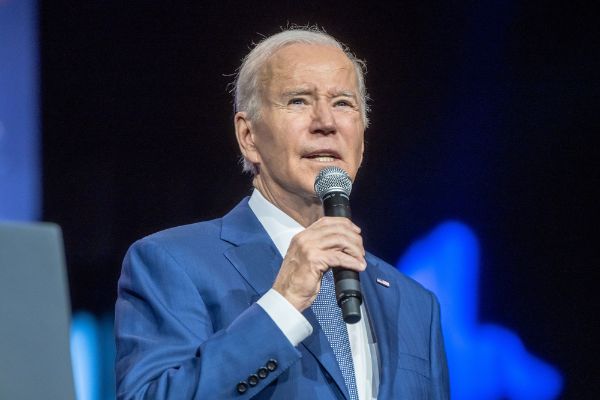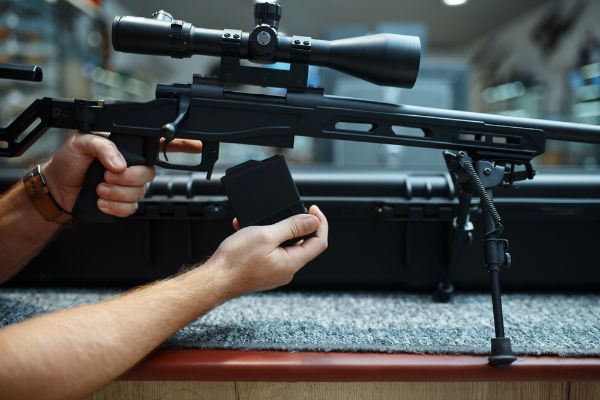It may appear to investors that 2022 is but three months old. First, the tech market plummeted, and other major indexes soon followed suit. In January, consumer prices hit a forty-year high, and they continued to climb in February. Four anticipated interest rate increases have rapidly turned into indications of as many as seven in 2022. Finally, Russian President Vladimir Putin ordered his military to invade Ukraine, triggering a humanitarian crisis while also spiking gas costs.
This has resulted in a slew of gloomy news and market volatility. The tide, though, may be turning. Long-term investors don’t have to react to current events. Some businesses succeed no matter what, so they’re good candidates for long-term portfolios as cornerstones. Let’s look at two of them.
AbbVie
“Hair grows even in a recession,” as the saying goes. The same may be said of prescription medicines. Because its goods are, for the most part, a requirement, AbbVie ( ABBV -1.00% ) is unlikely to suffer major sales losses during an economic downturn.
A steady and rising dividend is also a great way for investors to unwind when the market is tumultuous. Currently, AbbVie pays investors $1.41 per quarter on a quarterly basis. This yields an annual dividend of about 3.5%. Since the firm’s inception in 2013, the payout has grown each year. Investors who buy and hold will see their true yield increase if the payout rises steadily over time.
For example, if you had bought AbbVie stock three years ago for $81 a share, you’d have paid about $81 per share and earned an effective annual yield of over 7% — not to mention a pot of capital gains. The dividend is likely to rise even higher in the future. In 2021, AbbVie paid out $9.3 billion in dividends but generated more than $22.7 billion from operations.
The organization’s former reliance on Humira has given way to ambitious investments in development, which have set the stage for future growth. The firm has successfully transitioned from being reliant on Humira to one that is ready for the future. In the United States, biosimilars will soon compete with Humira. This will unquestionably reduce revenue. New medicines such as Skyrizi and Rinvoq are expected to bring in $15 billion in total sales by 2025, enough to make up for a substantial amount of Humira sales lost.
AbbVie’s sales are increasing, and the use of Humira is falling. This is a good indicator that things will continue to go well for AbbVie.
Intuitive Surgical
Robotic-assisted, minimally invasive surgery is no longer the stuff of fantasy. It is now quite prevalent throughout the world. The da Vinci Surgical System ( ISRG ) from Intuitive Surgical is seen on some reality television shows where it is used for bariatric operations on high-risk patients. As of December 31, 2021, there were 6,730 systems in operation across the world. According to one calculation, Intuitive has a near 80% market share. Some analysts and investors have labeled the firm “overvalued,” but they may be ignoring the long term picture.
First and foremost, Intuitive’s finances are in excellent shape. At the end of 2021, the firm had more than $8.6 billion in cash and investments on its balance sheet, with no long-term debt. This is an enormous 8.3 percent of the current market capitalization, or about $1.75 billion more than at the end of 2020. Who wouldn’t want to invest in a firm that generates this much free cash? Intuitive also has an operating margin of 32%, which places it head and shoulders above other medical equipment organizations as shown below.
Finally, Intuitive does not just profit from selling equipment. If this were the case, market saturation would be a major worry. Instead, recurring sources such as parts and instruments contribute the majority of revenue. It’s reasonable to assume that revenue will continue to flow in thanks to the significant switching costs associated with surgical systems.
COVID-19 has had a dampening effect on recent growth, since hospitals were delayed in performing some elective procedures. Growth may resume now that COVID-19 appears to be winding down.




Comments are closed.